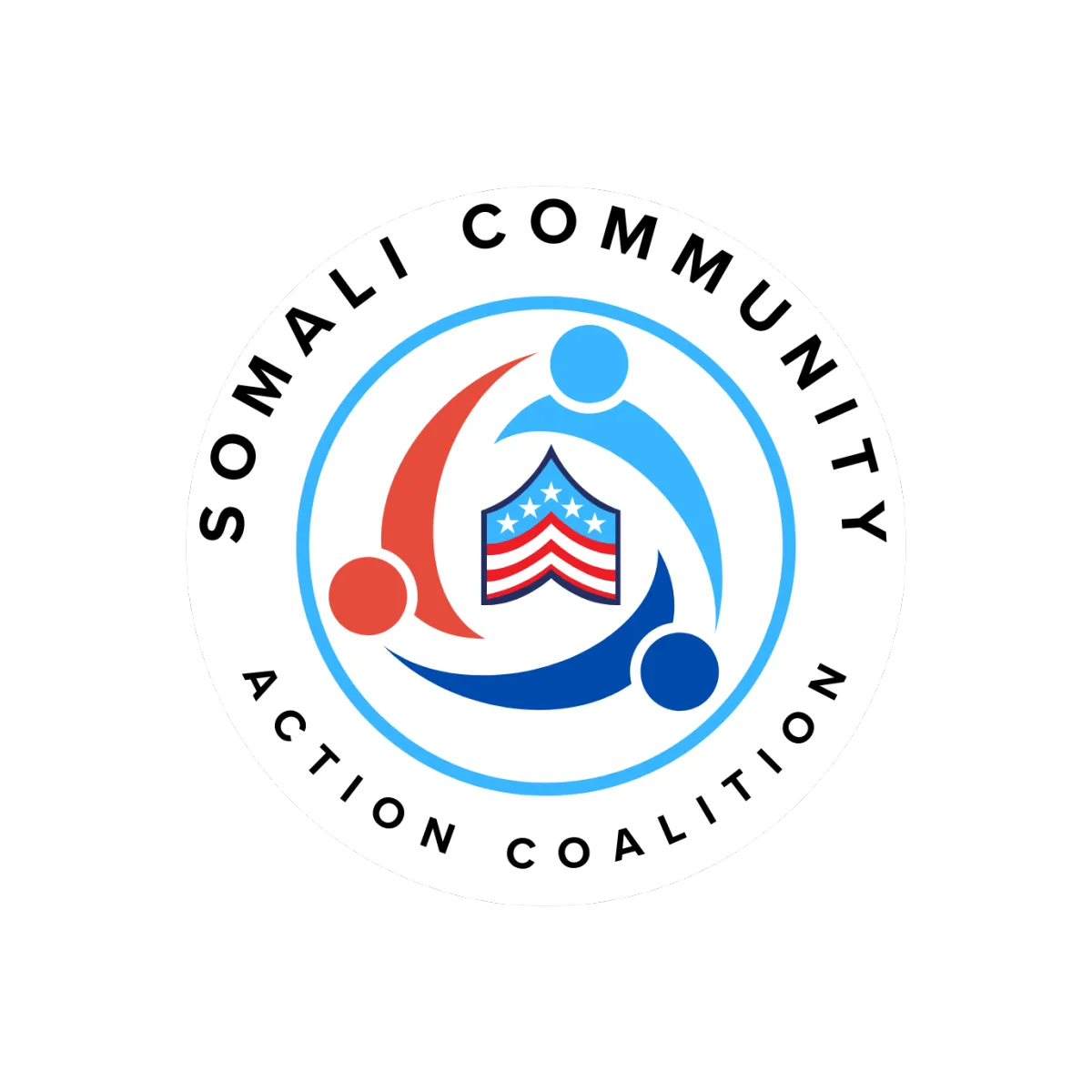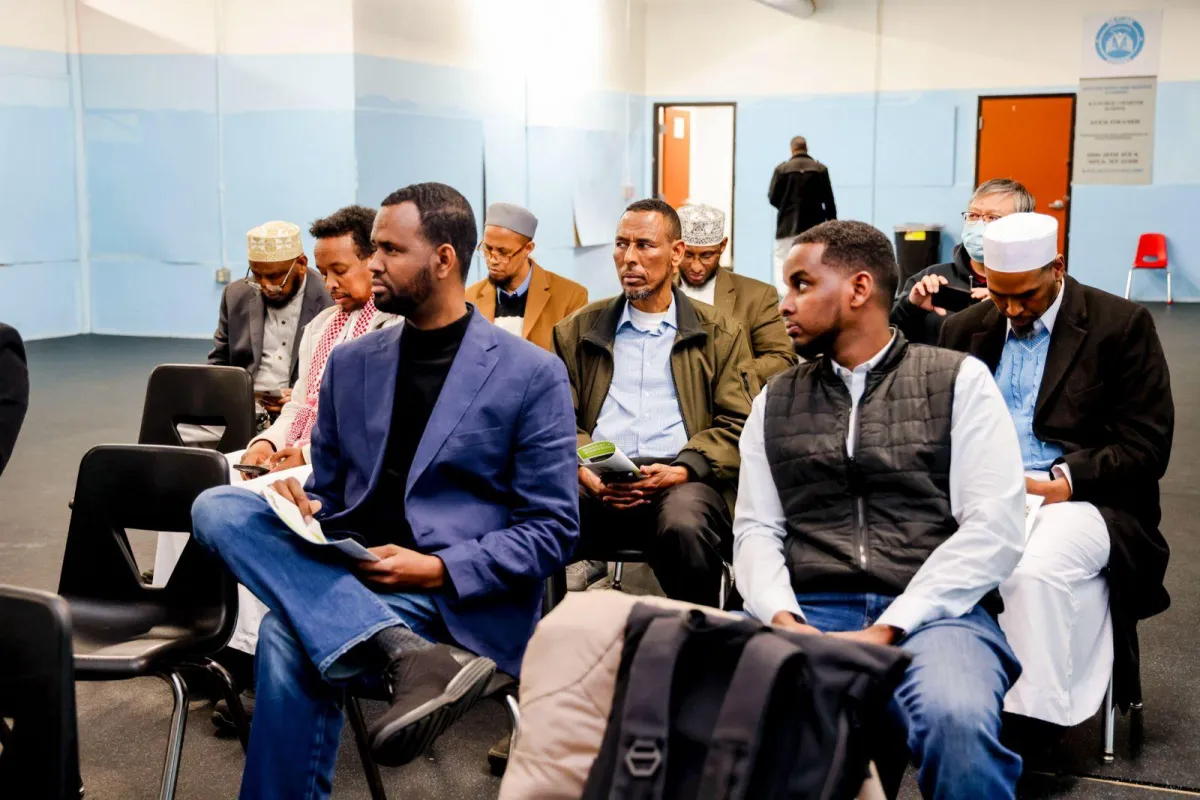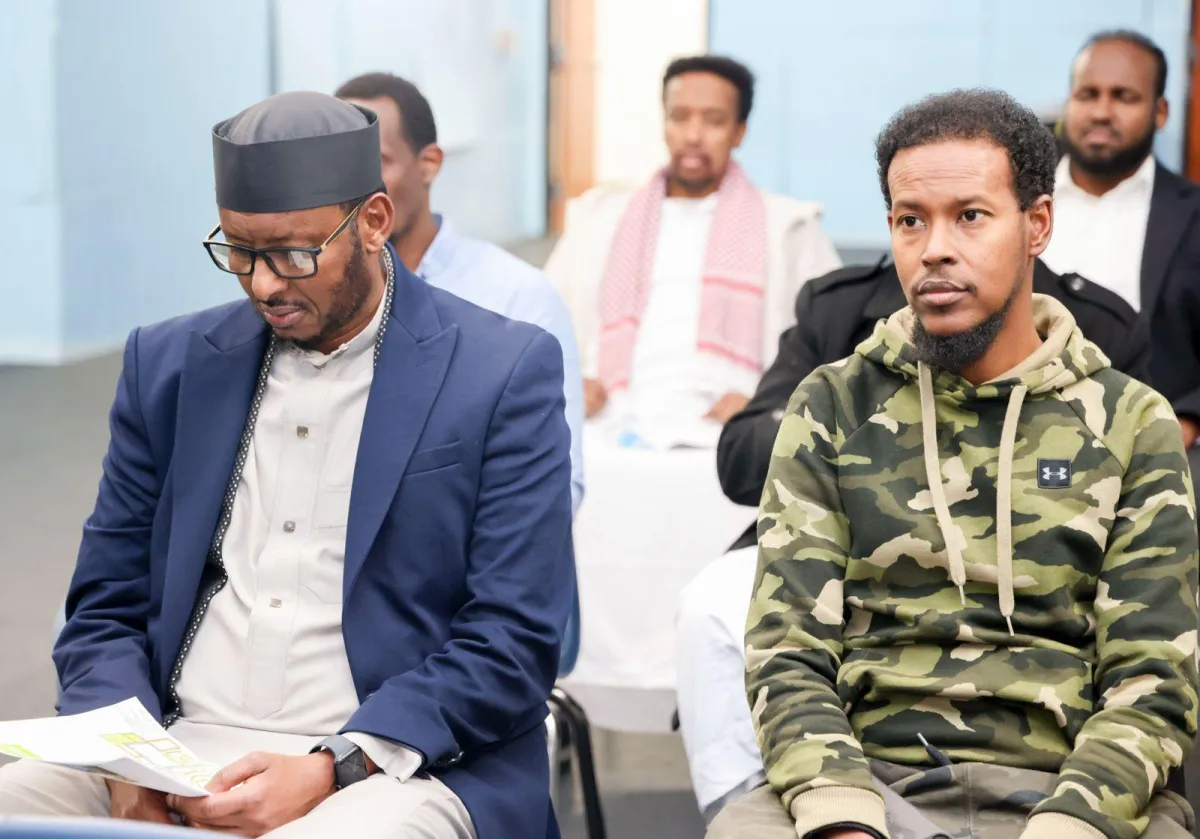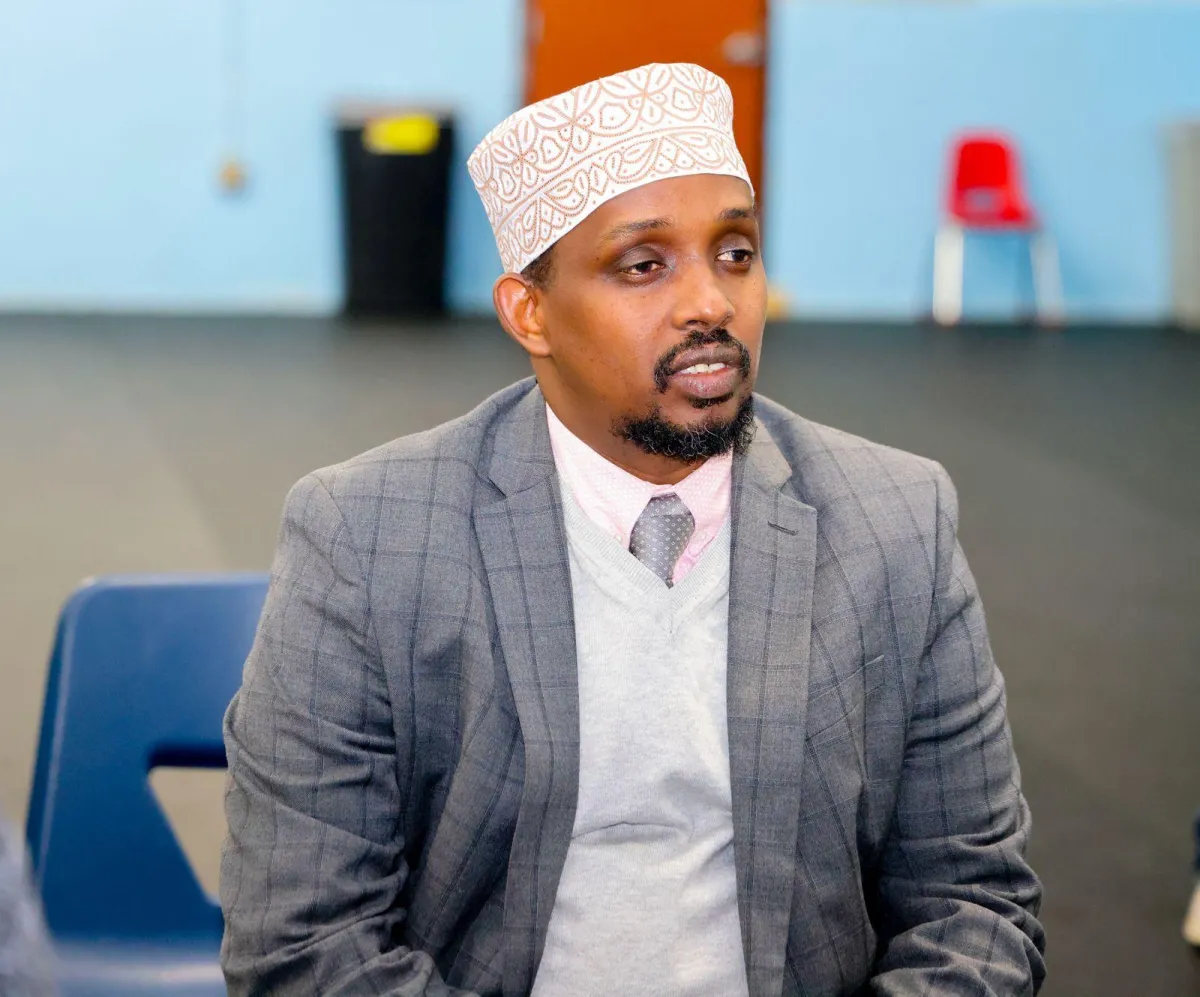1.Housing:
Housing is a big challenge in Minnesota, especially for minority and low-income families. Many families spend more than 30% of their income on rent, which means they have to choose between paying for housing and other essentials like food and healthcare. This problem is worse for minority communities, with 57% of Black renters and 45% of white renters facing high housing costs. Also, only 31% of Black households own their homes compared to 78% of white households. The Somali Community Action Coalition is working to solve these housing issues. They are increasing the availability of affordable housing, providing help with down payments, and offering financial literacy programs to help families buy homes.
___________________________________
2.Opioid Crisis:
The opioid crisis is a growing problem in Minnesota, especially for minority and low-income families. There has been an increase in opioid-related overdoses and deaths, particularly in urban areas like the Twin Cities. This puts a strain on public health resources and deepens social inequalities. Many people affected by the opioid crisis struggle to access healthcare and addiction treatment, and the stigma around addiction often stops them from seeking help. The Somali Community Action Coalition is addressing this crisis with community-based prevention and treatment programs. These programs include culturally sensitive education campaigns to raise awareness about opioid misuse and treatment options. They are also expanding access to mental health and addiction services, including support groups and rehab programs tailored to minority communities. By strengthening local health organizations through consulting and capacity-building, they aim to reduce the impact of the opioid crisis on vulnerable populations.
___________________________________
3.Climate Change:
Climate change is a serious threat to Minnesota, causing extreme weather events like floods, heatwaves, and severe storms. These events disproportionately affect low-income and minority communities who often live in areas with less resilient infrastructure and fewer resources to recover from disasters. The Somali Community Action Coalition is committed to promoting sustainable practices and helping communities become more resilient to climate change. Their initiatives include improving energy efficiency in housing, supporting urban greening projects, and advocating for policies that reduce greenhouse gas emissions.
___________________________________
4.Mental Health:
Mental health is a critical issue in Minnesota, especially for minority and low-income families who often face barriers to accessing care. The stigma around mental health issues and a shortage of culturally competent providers leave many people without the support they need. This can lead to severe consequences like higher rates of substance abuse, homelessness, and involvement with the criminal justice system. The Somali Community Action Coalition is expanding mental health services in the community, setting up culturally specific counseling and support programs, training mental health professionals to better meet the needs of minority populations, and working to reduce the stigma around seeking help.
___________________________________
5.Workforce Development:
Workforce development is crucial for economic stability and growth, especially for minority and low-income families in Minnesota. These communities often face higher unemployment rates and limited access to quality job opportunities. Disparities in education and training can hinder career advancement, perpetuating cycles of poverty and economic inequality. The Somali Community Action Coalition is addressing these gaps with targeted workforce development programs. These initiatives include job training and certification programs for high-demand industries, career counseling and placement services, and partnerships with local businesses to create job opportunities.
___________________________________
6.Criminal Justice:
Minnesota faces significant challenges in its criminal justice system, especially for minority and low-income families. The state has one of the highest racial disparities in incarceration rates, with Black Minnesotans imprisoned at over nine times the rate of their white counterparts. This disparity is due to systemic biases in policing, prosecutorial decisions, and sentencing laws that disproportionately affect people of color. Additionally, low-income individuals often face greater hardships in the criminal justice system due to financial barriers like cash bail, which can lead to prolonged pretrial detention and pressure to accept unfavorable plea deals. The Somali Community Action Coalition is addressing these issues through a multifaceted approach. They advocate for reforms to reduce racial disparities in arrests and sentencing, such as eliminating cash bail for non-violent offenses and decriminalizing minor infractions.
___________________________________
7.Education:
Minnesota faces significant challenges in providing equitable education, especially for minority and low-income families. The state has one of the largest education achievement gaps in the nation, with Black and Latino students often lagging behind their white peers. Factors such as income disparities, access to early childhood education, and resource allocation contribute to these gaps. Native American and Latino children have the lowest proficiency rates in school readiness measures due to limited access to high-quality early education, which is often too expensive for low-income families. These disparities continue throughout the K-12 years, affecting high school graduation rates and overall academic performance. The Somali Community Action Coalition is committed to addressing these educational inequities through a comprehensive approach.
___________________________________
8. Advocacy and Policy Influence:
Minnesota's Somali community faces numerous challenges that require targeted advocacy and policy intervention. Key areas needing attention include immigration, health, education, housing, climate change, the opioid and mental health crisis, workforce development, and criminal justice. Current policies often fall short in addressing the community's unique needs. The Somali Community Action Coalition aims to engage in advocacy to influence policies that affect the Somali community through a strategic action plan. This plan includes identifying key policy areas for advocacy, training community members to participate in advocacy efforts, and collaborating with legal experts to provide policy recommendations and testimony. By empowering the community with knowledge and support, the coalition seeks to effect meaningful change and improve the quality of life for Somali residents in Minnesota.




